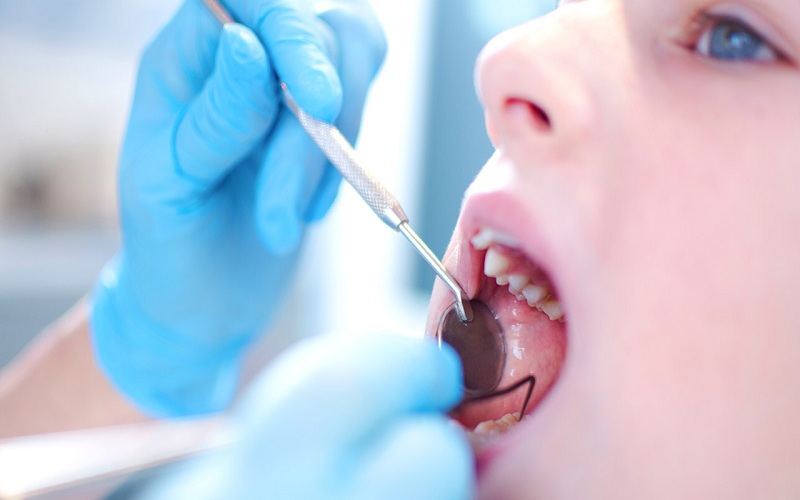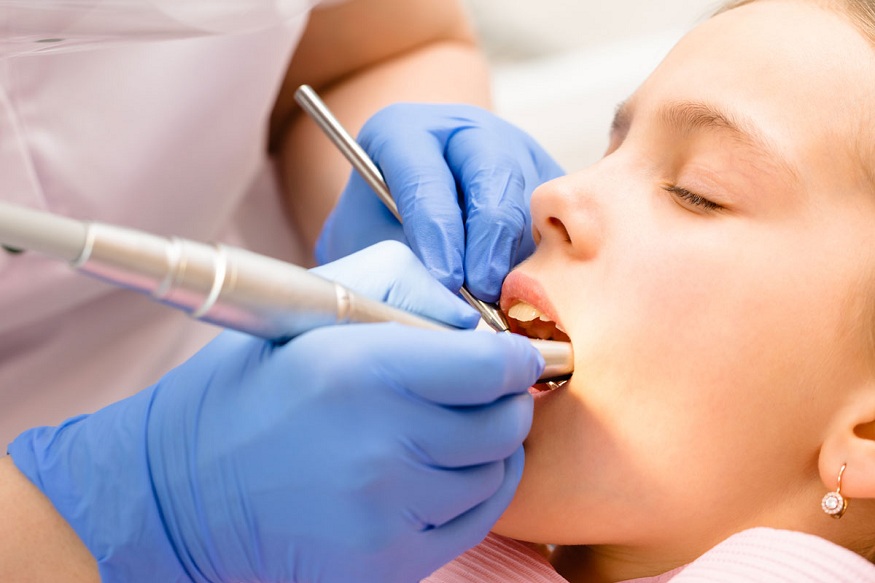Losing a tooth is no small matter. It can bring on feelings of embarrassment or distress. You’re not alone in this struggle. As a general dentist, Scott Young, DDS has seen countless cases just like yours. His perspective brings hope. Losing a tooth is not the end, it’s a new beginning. Today, we delve into this topic, offering insights and guidance from Dr. Young’s extensive experience.
Why Tooth Loss Happens
Tooth loss happens for various reasons. Common causes include gum disease, decay, and injury. Poor oral hygiene is a big culprit. But remember, losing a tooth does not make you a failure. It’s a problem that can be fixed.
Impact of Tooth Loss
When you lose a tooth, it’s not just the gap you see. The loss of a tooth affects your whole mouth. It may cause difficulty in chewing. Over time, surrounding teeth may shift. This can lead to misalignment.
Options for Replacing a Lost Tooth
There are many options available. Dental implants, bridges, and dentures are common solutions. Here’s a brief comparison:
| Option | Pros | Cons |
| Dental Implants | Look and feel natural, Long-lasting | More expensive, Surgery required |
| Bridges | Less invasive, Cost-effective | Not as durable, Adjacent teeth affected |
| Dentures | Replace multiple teeth, Less expensive upfront | Less stable, Daily maintenance |
Preventing Tooth Loss
Regular dental checkups are crucial. Brush and floss daily. Eat a balanced diet. Avoid using your teeth as tools.
In conclusion, tooth loss is a common issue. But with today’s dental advances, it doesn’t have to be a lifelong problem. Remember, you are not alone. Dental professionals like Scott Young, DDS are here to help.




